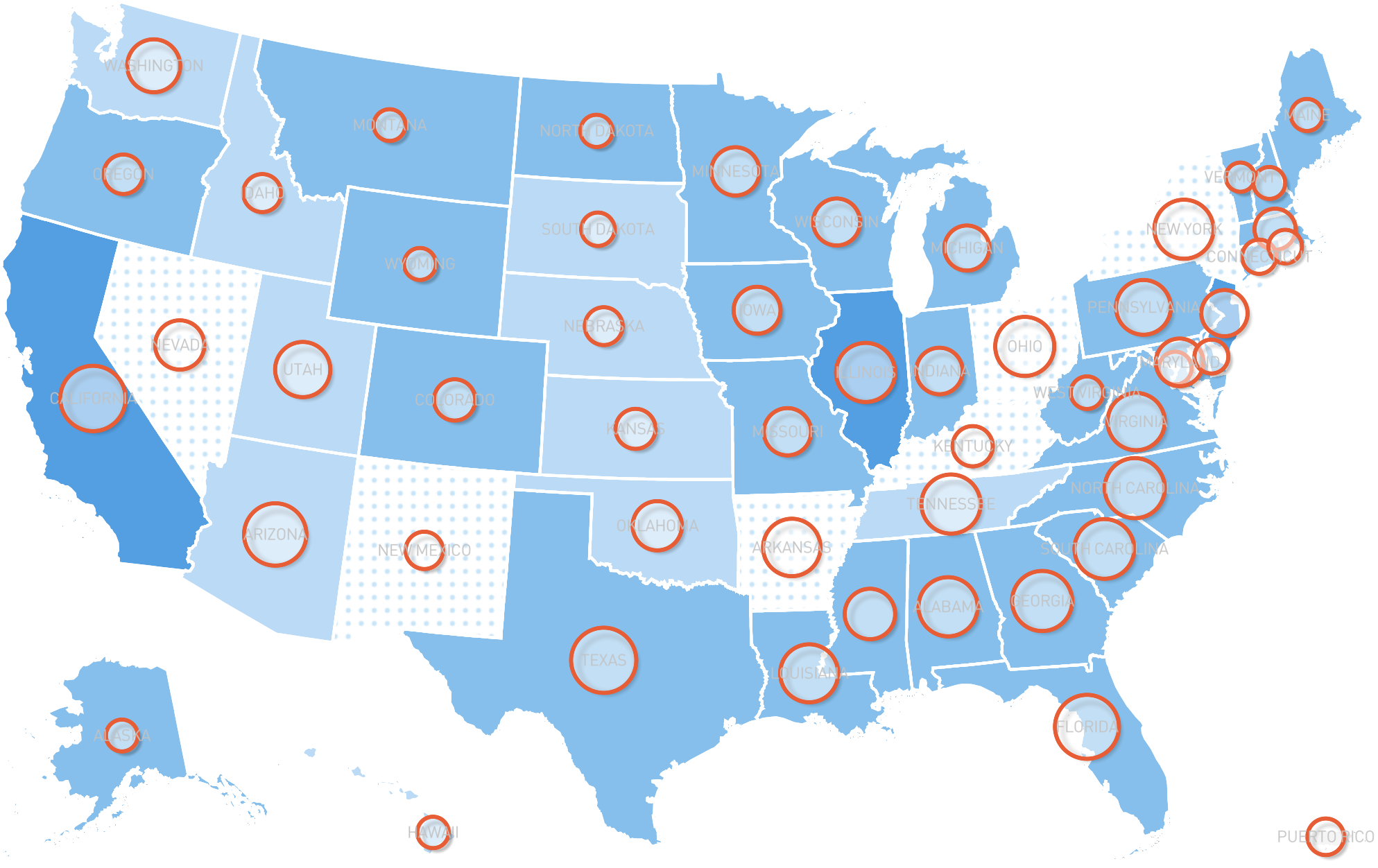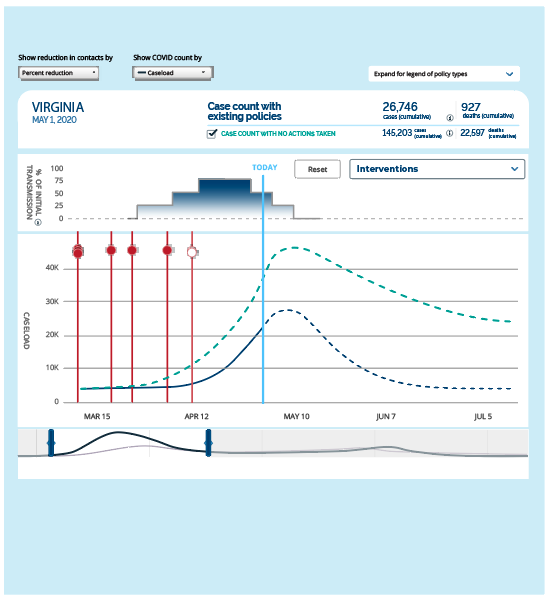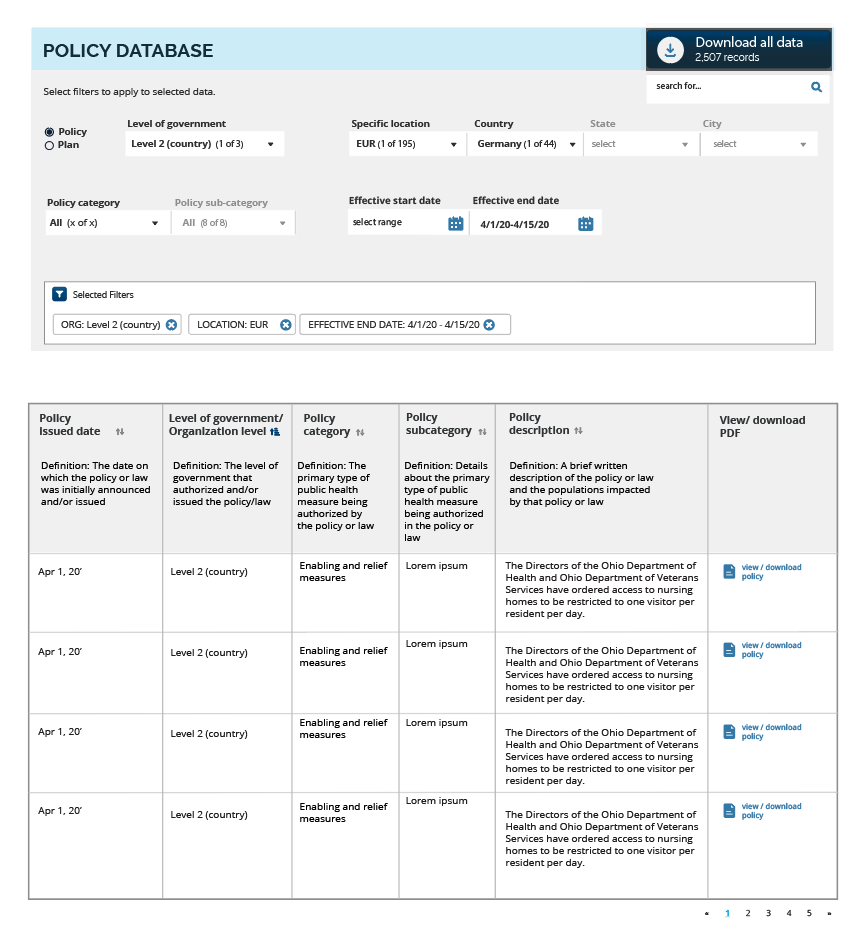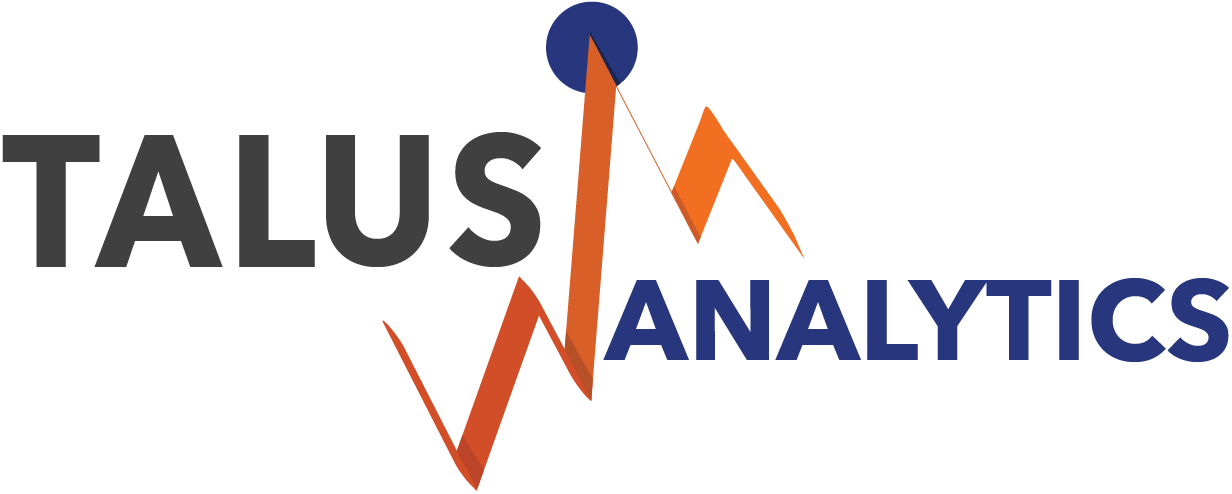Ask the Experts
Submit requests forinformation, sources, or feedback
While the COVID-19 response continued, the team behind COVID-19 Frontline Guide for Local Decision-Makers received a large number of requests for information, questions, and recommendations for additional guidance. While we welcome feedback (see the Contact Us link in the upper right!), we also recognize that there are experts who may be better equipped to address specific issues. Below, a brief list of topics, relevant resources, and options to contact leading experts for additional information.


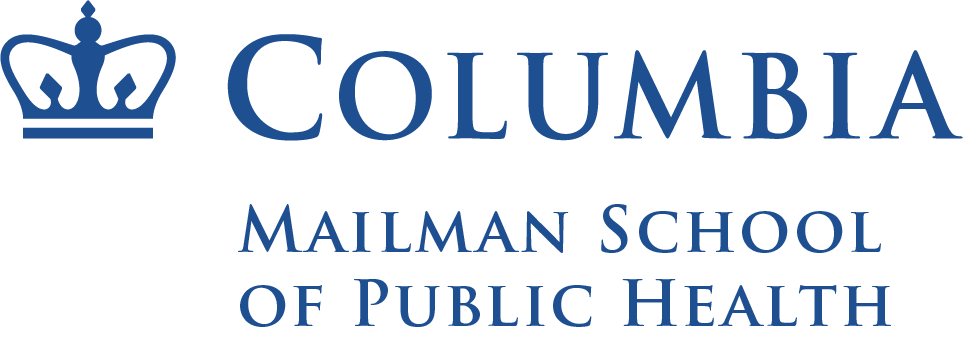



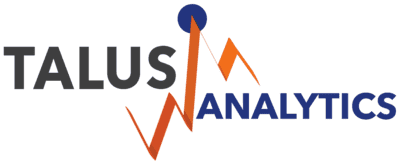
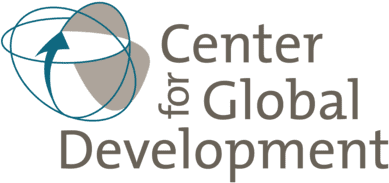
COVID-19 has placed pressure on healthcare systems with the potential to overwhelm current capabilities absent urgent action to bolster surge capacity, especially in the areas of critical and intensive care. To prevent this, hospitals and other health care facilities must be able to assess current baselines and project future needs among areas such as occupancy rates, personal protective equipment availability, and ventilator and oxygen capacity. The ability to effectively increase medical capacity may reduce the frequency of deaths among COVID-19 patients as well as decrease the risk of transmission within healthcare settings.
Experts
The COVID-19 pandemic has revealed significant shortcomings in global supply chains, particularly the medical supplies and personal protective equipment critical to mounting a safe and effective response. Absent a fully-operational, centralized system for distributing supplies to the areas of greatest need, many localities and facilities have had to identify alternative methods of procurement to meet their own requirements. New supply chain strategies must be adapted to the current realities as opposed to relying on past models.
Experts
A pandemic control strategy is grounded in understanding ongoing transmission risk in the community so that disease spread can be effectively controlled and contained. This will require continuous disease surveillance, diagnostic testing, contact tracing, isolation, and reporting systems that ensure up-to-date information on local transmission is available to inform strategy-setting and daily tactical decision-making.
Experts
Epidemiological and statistical modeling has become ubiquitous and widely cited during the COVID-19 outbreak, with results used to guide and inform key decisions at all levels of the response. In some cases, data analysis or calculations can be just as useful to inform tactical decision making. Data analysis and models can be used to estimate caseload, hospitalizations, critical care requirements, ventilator orders, staffing requirements, and logistics requirements.
Experts
COVID-19 poses significant risks to older populations and those with underlying health conditions. Additionally, other populations may remain at high risk for exposure due to their living conditions or practices. To minimize the risks for these populations, it is critical to identify the environments in which they reside or gather and to implement an effective protective strategy that considers their unique needs. This not only will protect these vulnerable populations, but may also alleviate pressure on healthcare systems.
Experts
The COVID-19 outbreak has placed significant pressure on subnational governments to tailor policy response to the outbreak based on local conditions. While some policies will cause disruptions, they can be particularly problematic if they create economic disincentives to cooperating with social distancing measures. Coordinating policies and mitigating these disruptions can help to reduce the human cost of the outbreak, beyond the immediate toll of the disease itself.

